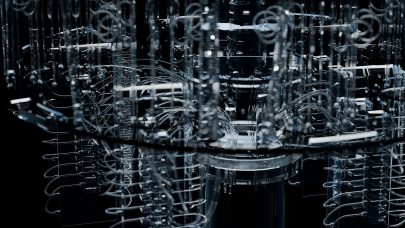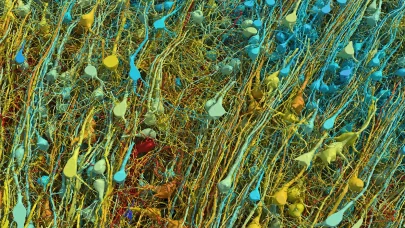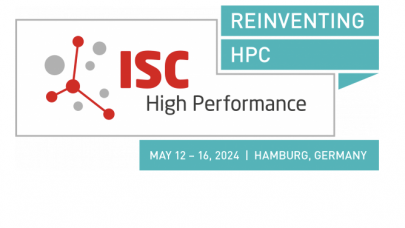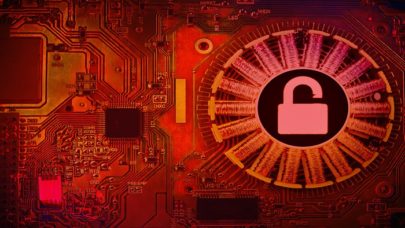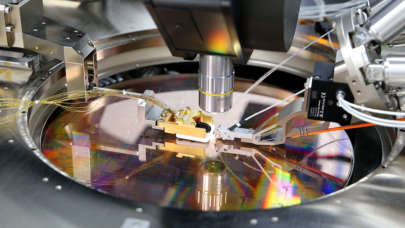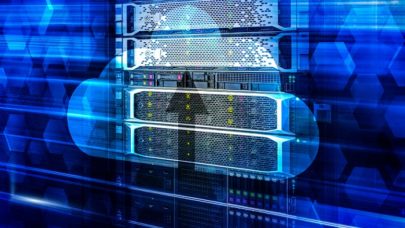Brendan McGinty, director of Industry for the National Center for Supercomputing Applications (NCSA), University of Illinois at Urbana-Champaign, kicks off the first in a series of pieces profiling leaders in high performance computing (HPC), writing for the Verne Global blog. The first profile Q&A is with Dr. Seid Koric, technical director at the National Center for Supercomputing Applications (NCSA) at the University of Illinois at Urbana-Champaign (UIUC). Seid is a legend in HPC and a multiple winner of HPCwire’s Readers’ Choice Awards, including the 2017 Top Supercomputing Achievement.
1. How did you get into the role and career you are in now?
In summer 1997, I made my way to the University of Illinois from my war-torn hometown of Sarajevo in order to pursue a graduate degree in engineering. I was looking for research assistantship possibilities. I met Drs. Melanie Loots and Fouad Ahmad who worked at NCSA at the time, and they were advertising a position for a research assistant. It sounded pretty cool since I didn’t even know what supercomputers were! So I went there and interviewed with them and they offered me a summer job. When the semester finished, they said I had done a good job and asked me to stay as an RA on throughout my degree.” Working at NCSA and in HPC has been so much fun for me that I have stayed at NCSA ever since!
2. What are the biggest challenges or opportunities before you?
I am currently the technical assistant director of NCSA, leading several domain application teams from modeling/simulation, bioinformatics/genomics, and big data analytics and AI. We primarily work with the NCSA Industry – the largest industrial HPC outreach in the world, but we are also very actively engaged in the center’s research and educational activities through our numerous campus, national and international interdisciplinary research collaborations, publications, and rewards including work with many students.
Our 40+ current industrial partners hail from all over the country and globe, representing hundreds of billions of dollars in economic development in sectors such as manufacturing, energy, life sciences, aerospace, financial services, and technology. At the same time, we live in an academic environment where a long term fundamental research and education are priorities.
Bridging those two worlds often presents a challenge. However, over the course of years, we have learned to match our culture with the industrial one. We often work under tight deadlines, industrial pace and NDA-s, and most importantly we deliver on time and under the budget. The unwavering support from the NCSA Industry Business unit has been a huge game-changer as well, leaving us enough time and resources to better focus on the technical aspects of our work and activities.
Moreover, our academic research work has been often complementary to NCSA Industry, and it helps our industrial partners to tackle their toughest scientific and engineering challenges and provide them with at least a 6-month competitive advantage over their competitors. In return, our industrial partners have been always providing interesting applied problems that we very much enjoy working on, and which also helps recruiting and retaining our excellent staff and students.
3. How does high-performance computing help?
HPC plays in this day and age an important role in modern society, it frequently contributes to scientific discoveries, improves engineering designs, criminal detection and prevention, health care and life sciences, financial and energy sectors, national security and lately even helping in social sciences and humanities. At the same the world has seen exponential data growth in the last decade due to sensors, computing, IoT, social media, mobility, E-commerce and other factors. HPC coupled with big data analytics and artificial intelligence (AI) is the major enabler nowadays for the emerging data driven paradigm in science in engineering, which aims to extract the key information and knowledge from that massive data – otherwise unavailable by deterministic modeling methods.
I have worked on at least 10 different generations of HPC architecture during my NCSA tenure, and each one has brought something novel and exciting. Among them probably the most known to the HPC world is the world’s first sustained petascale system of Blue Waters funded by NSF and the state of Illinois, and which is still in production and still enables scientist and engineers to work on a wide range of challenging problems. I have had a pleasure to be the PI on several collaborative national and international research projects on Blue Waters, and we have for the first time demonstrated the feasibility of efficiently solving extreme-size real-world multi-physics or geophysics problems on the petascale and potentially exascale level, and thus provided crucial advances in high-fidelity modeling and design in science and engineering, as well as a better understanding of the properties of the Earth’s subsurface for energy exploration- and moving forward that may be one the major legacies of Blue Waters.
4. What are you hoping to achieve in the next year with the help of HPC?
We plan to further consolidate and enhance our HPC domain expertise teams and establish even more campus, national and international collaborations and connections in order to remain well positioned to provide services and consulting for the growing number of our industrial and academic partners and projects. I also believe that directors/managers should “work and learn” too, or they become “rusty”, so I will enjoy getting personally involved in technical HPC work as well as to learn and apply new things – particularly from the emerging technologies such as AI – and thus lead by example. As research faculty at The Grainger College of Engineering at the University of Illinois, I will continue HPC enabled fundamental and applied multidisciplinary research work.
5. What does the future five years from now look like?
Prof. Andrew Ng, the founder of Coursera and a professor at Stanford recently said, “AI is the new electricity.” During the dawn of the 20th century, and when Nikola Tesla introduced AC and its induction motor, it affected every industry and every part of human life and totally changed it forever. Nowadays we start seeing AI doing the exact same thing. HPC is no different, in fact since AI and particularly deep learning can only be efficiently run on HPC, the confluence of AI, HPC and big data analytics is a natural thing happening. Many HPC people use the term “convergence” blindly, which may not be appropriate since I believe that AI and HPC will likely retain their own identities. We at NCSA are already working on a several AI confluence projects ranging from astrophysics to quantum mechanics and material science. I am particularly involved in deep learning accelerated topological optimization and multiscale research activates, and the results so far look very exciting and promising.
In future, we will likely see more of the confluence with AI happening on all levels of HPC, while computers (particularly in HPC) will be learning to do more of intelligent tasks and even out-performing humans at them. It remains to be seen, however, if and how and when the major AI singularity point of true intelligence will be reached?
6. Do you have an HPC hero or someone who has had the greatest impact on your career? If so, please describe.
During my 22 years at NCSA, I have had a privilege to work with the plethora of bright and innovative HPC minds, so it is a delicate task to pinpoint to a single person or two. However, the person who had initially hired me at NCSA, Dr. Fouad Ahmad, and from whom I have learned the basics of HPC and supercomputing, comes to my mind first. I am indebted to Fouad for all of his sincere guidance, support and encouragement over the short period of time we spent together at NCSA, and which later shaped my entire career.
Another person, with whom I have a privilege to work nowadays, is the NCSA director Prof. Bill Gropp. Besides being a great leader, Bill is a living legend of HPC, he helped create MPI (Message Passing Interface) and PETSc (the suite of solver libraries), two among the most important tools that helped propel HPC to be pervasive across many scientific and engineering fields. Bill is an HPC hero who inspires us every day to make NCSA the place to solve grand challenges for the benefit of science and society.
NCSA’s Industry Conference will be held October 9-10. Check out the agenda here.



























